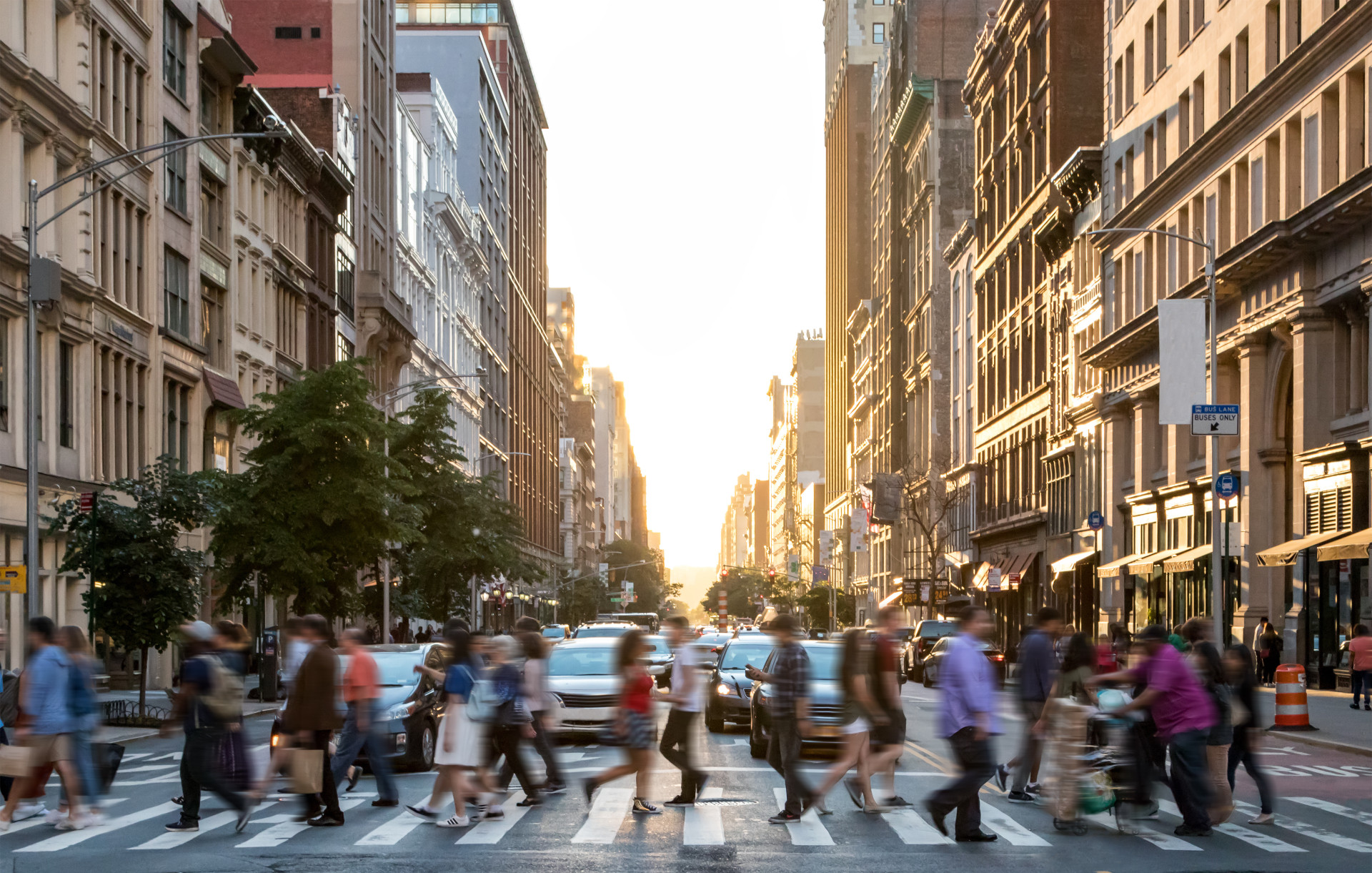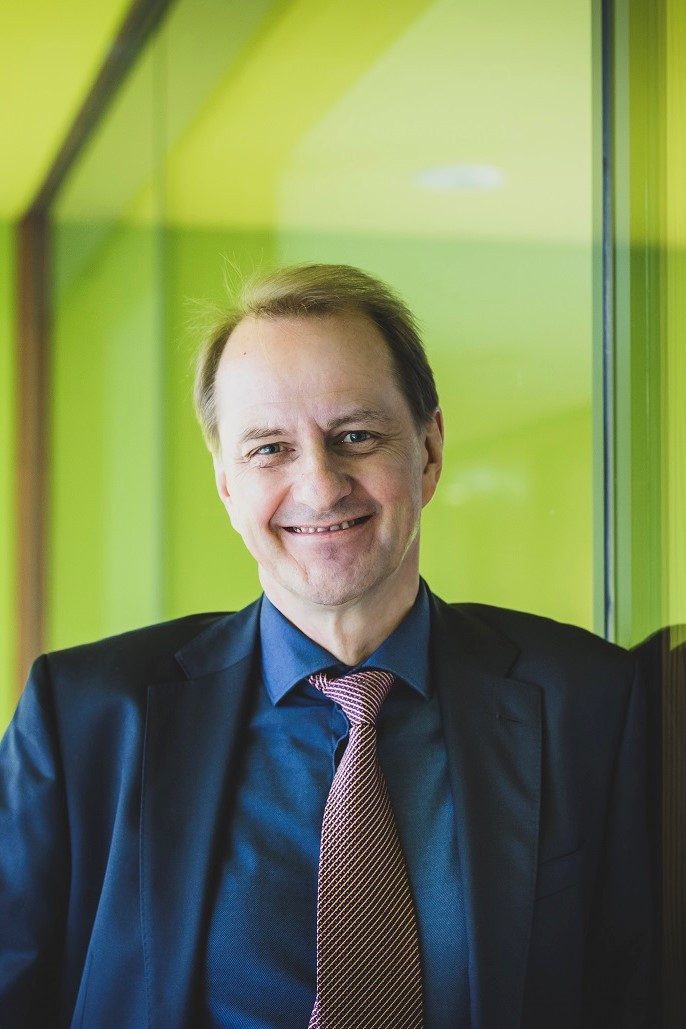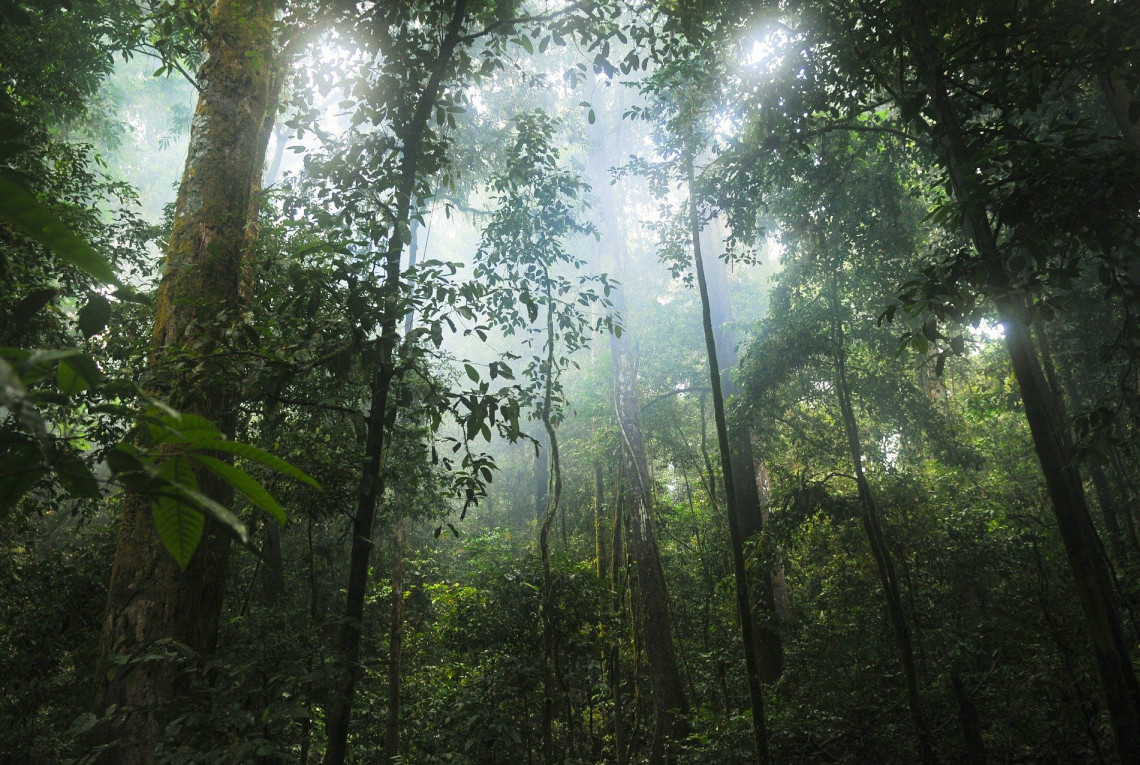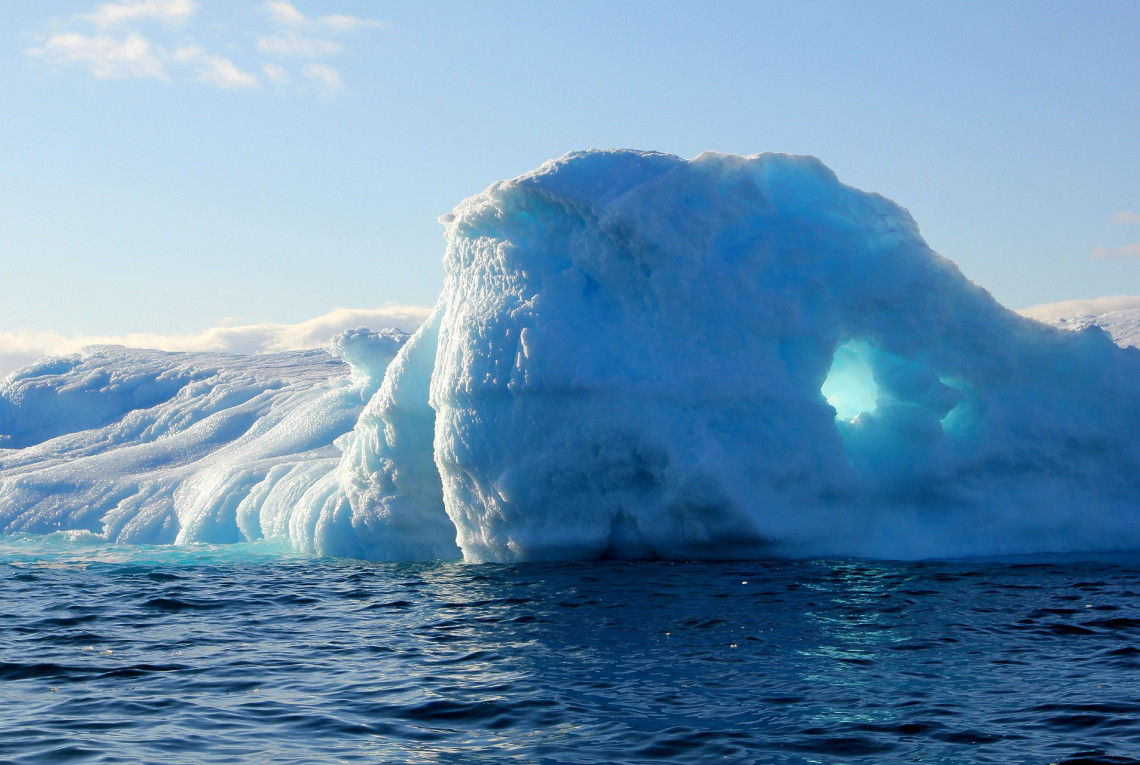“We’re in something of an emergency now”
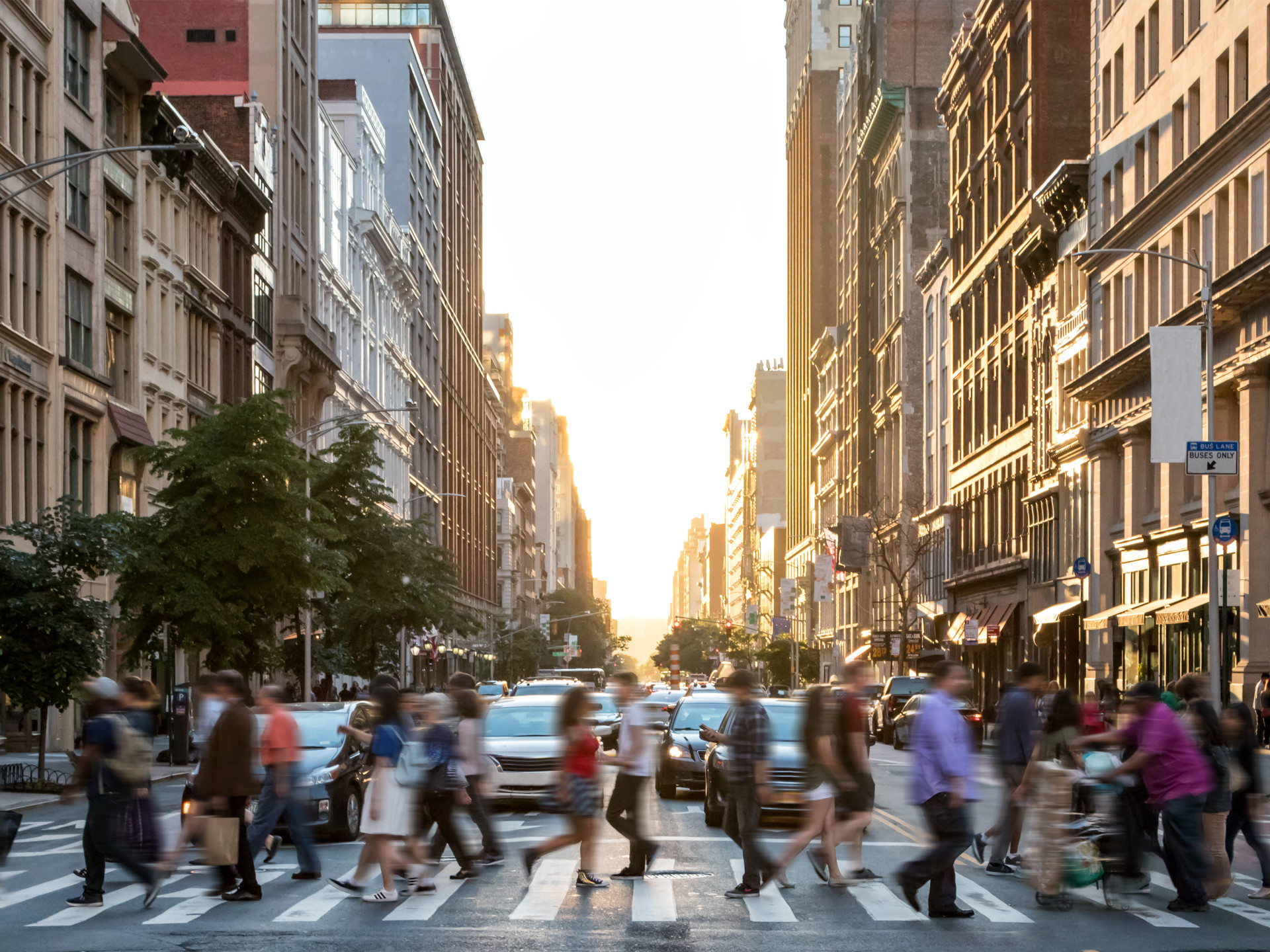
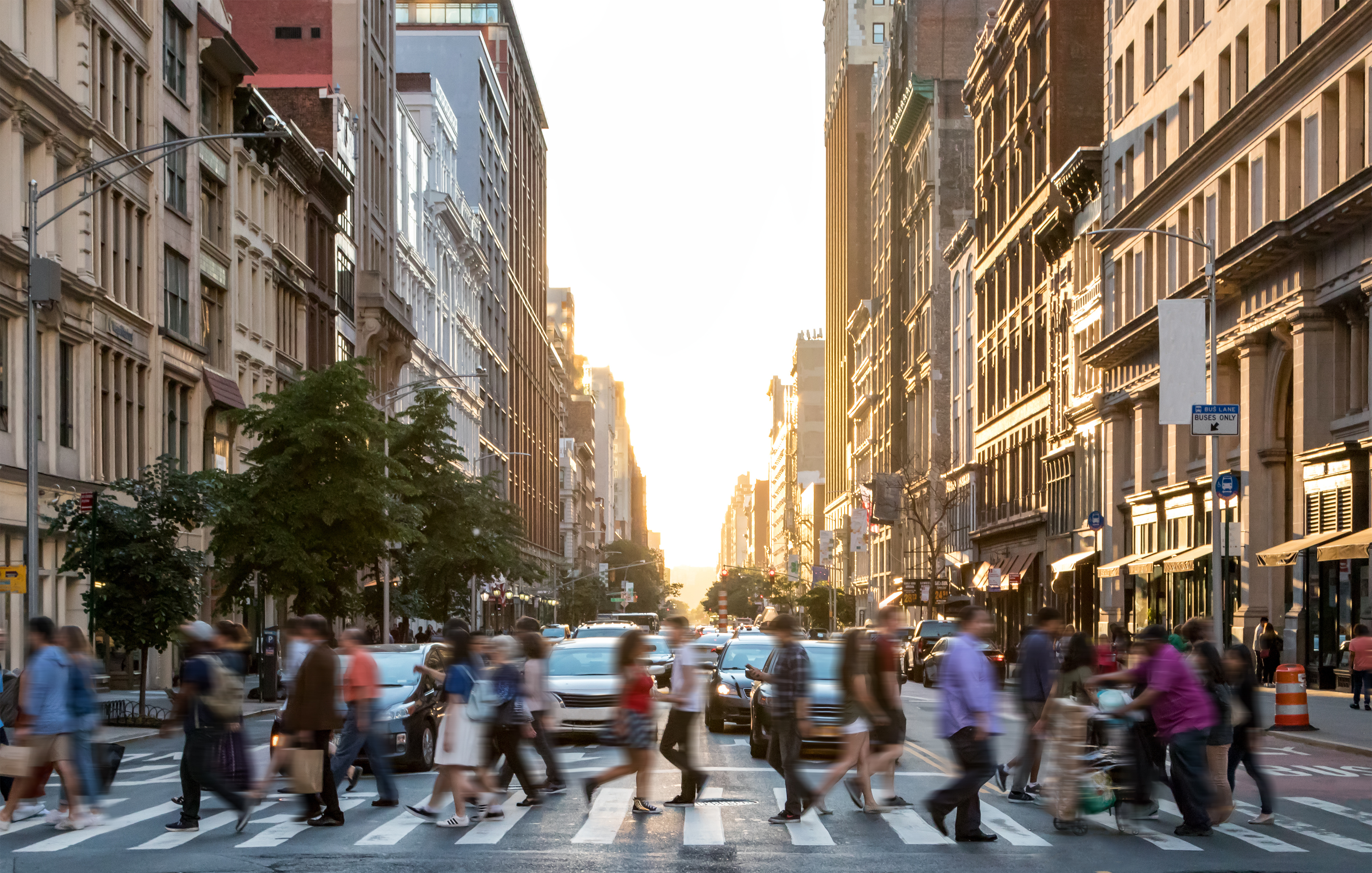
Dirk Messner is a sustainability researcher and has been president of the German Environment Agency (UBA) since 2020. In this interview, he tells us about his hopes and worries on the way to a sustainable future with equitable sharing of the burdens associated with climate change.
Mr. Messner, you recently described yourself as a “sustainability optimist undergoing a stress test.” When you think about the future, what gives you hope and what gives you headaches?

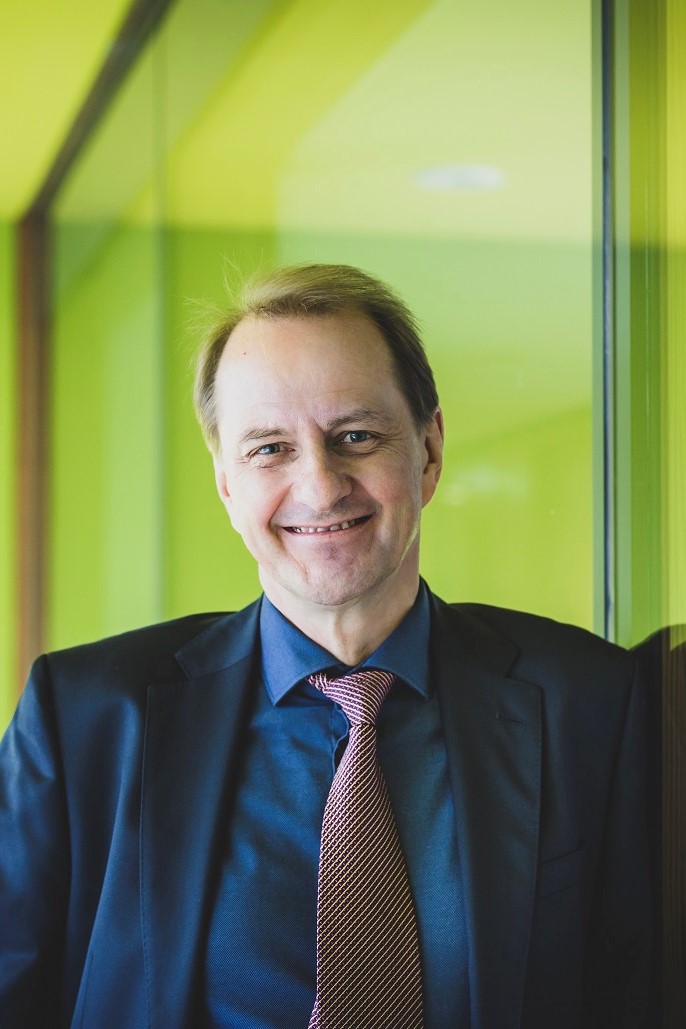
I’m optimistic because we’ve achieved quite a bit in recent years. What the scientific community has long demanded has finally gotten through to civil society, government and business. For example, the German Advisory Council on Global Change, of which I was co-chair, published a study on a new Social Contract for Sustainability in 2011. It showed how the German, European and global economic systems should be restructured so that we can stay within the limits of the Earth system. Our report triggered some shock waves back then. Businesses criticized us because they thought we would destroy the foundations of our economy with our proposals. But in the meantime, the things we worked out then have largely become consensus and are reflected in many places in the objectives of the European Green Deal, the Paris Climate Agreement, the German government’s coalition agreement, and the strategy of the Federation of German Industries for reaching climate neutrality by 2045.
But there are also trends that make me nervous. They include global trends with strong momentum that can only be reconciled with our 1.5 to 2-degree climate target with an enormous effort. One of them is global urbanization. Between now and 2050, the number of people living in cities is expected to double, from 3.7 billion today to as many as 7.5 billion. That could have huge consequences for the climate, because 40 percent of global emissions come from buildings and 60 to 70 percent are connected with urban systems. We’ll be doubling the amount of urban infrastructure worldwide in a short time. That means we need to start designing the newly emerging cities for climate neutrality and a circular economy immediately. Otherwise we’ll overshoot our climate and biodiversity targets by a wide margin.
What other megatrends do you see hindering climate goals?
We need to cut global emissions in half every ten years until 2050 to stay under 2 degrees. China’s and India’s plans worry me. It’s good that both countries want to become climate-neutral. But they don’t plan to do so until 2060 or 2070, which is too late. In 2030, China would still be emitting 13 to 14 gigatons of greenhouse gases and India 6 to 7 gigatons. Together that would be half of today’s emissions, and in total about as much as we still have available worldwide through 2030 if we’re to have a reasonable chance of meeting our climate targets. The problem isn’t that we have no solutions, it’s the limited time we have left to do everything right from now on. And we certainly shouldn’t just assume that everything will work out somehow. We have to get a lot more ambitious.
You just mentioned threats to biodiversity. And there are many other planetary boundaries that we’ve already exceeded. For the climate, there’s not much time left to turn the tide before we reach dangerous tipping points in the Earth system. How can we deal with so many simultaneous challenges at all, and with the speed that’s needed?
The most important thing is to understand and convey the urgency. We’re really in something of an emergency. We’ve established many of the conditions for the transformation to sustainability, but we can also see that these megatrends are confronting us with challenges that won’t be easy to meet.
Robert Habeck made that point when he said we need a factor of three everywhere in Germany – three times as much and three times faster than before. That’s possible, but it’s a major challenge. We have to make such arguments, because unfortunately we’re hearing from climate and Earth system researchers that the situation is even more dramatic than we thought it was just a few years ago. A few years ago, the message from Earth system researchers was still that the major tipping points in the Earth system – the Greenland ice cap melting, the Asian monsoon collapsing, the Amazon rain forest drying out – wouldn’t be reached until a temperature rise of 3 to 3.5 degrees Celsius. Avoiding this dangerous territory was also the reason to fight for 2 degrees or less. This guardrail was supposed to provide a buffer against the risk scenarios we wanted to prevent. But this buffer is gone now because the latest studies show that at 2 degrees, and maybe even at 1.5 degrees, we’re already entering a range in which some tipping points could – with high probability – be overstepped irreversibly.
So we have these societal megatrends heading in one direction and the momentum of Earth system trends coming at them in the opposite direction, and we have to prevent the crash.
Yes, and we have to do that with the tools we have now: The technologies that make it possible in principle to meet our targets. Our society’s consensus that can help us gain social acceptance for these efforts under democratic conditions. The business models in our companies that allow us to move in this direction. Our knowledge of climate, economic and innovation policy tools for supporting the climate neutrality transformation. Now we need to mobilize and put to use the potential we’ve developed, and we can’t be deterred by the shocks from the current crisis of war, energy, inflation and maybe also recession. We can’t miss the crucial decade of the twenties. That’s the window of opportunity we still have for achieving our climate and Earth system stability goals. Beyond these goals, we’ll have to devote more attention to other issues, such as loss and damage; the Ahr Valley flood was an early warning.
The German Environment Agency is Germany’s key public authority for environmental matters and also a governmental research institution. It does research on environmental issues, educates the public, advises the German government, and collaborates with international organizations like the World Health Organization. Here in Germany you help to draft legislation. At the moment, where do you see the most promising starting points for a climate policy with fair burden-sharing?
In the past few weeks, I’ve been particularly struck by the observation that our societies are capable of taking drastic and sweeping action when faced with a true crisis. We can act in a very short time. That was breathtaking in the pandemic. We knowingly induced a recession, stopped production processes on a large scale, sent people home... That’s just unbelievable, isn’t it? And now the Russian war with what Scholz called the “new era,” 100 billion for the German military, hundreds of billions to cushion the costs of economic and social shocks – all in just a few days.
But we’re unable to do such things in the medium term. Climate action isn’t about a battle plan into the 23rd century, it’s about shaping change through 2050. We know what we should do by then and what threatens if we fail. We know what milestones we need to reach during the 2020s. If we don’t reach them, we can forget about our 2-degree target and focus on adapting to climate change and on the impact of tipping points on the international system. We were hoping we could use our knowledge to avoid taking action only when the climate crisis hit us hard. Perhaps that was too optimistic. In contrast to the perception of people south of the Sahara, to us in Europe the climate crisis does not yet appear to be an existential threat that we’re experiencing. It's just one we know about. Unfortunately, knowing about it hasn’t helped us to take appropriate action yet. If we would react as appropriately and aggressively to our knowledge about future climate crises as we have to the pandemic and the Russian war, we could manage the transformation to climate neutrality very well.
But even in Germany, climate change and the climate crisis are no longer purely theoretical when we consider things like last summer, the multi-year drought we’re in now, or the many hot days we’ve had. Isn’t all of that quite tangible already?
Yes, but apparently it’s not yet an existential threat to our society. When I talk to people from Africa or India, the discourse there has changed a lot. Ten years ago they were still saying, “This is your crisis, you caused it, you have to solve it. It’s not our problem.” But then the impact of climate change increased greatly there, and that led to a fundamental change of views. Now they’re making great efforts to adapt to climate change and reduce emissions because the pressure has become much more existential for them than for us.
In concrete terms, how have perceptions of the problem changed there?
In India I was still hearing a lot of opposition to climate action ten years ago, for example. Now I hear a lot of agreement that India also has to make a contribution, even though their per capita emissions are still much lower than ours. But there’s still reproach toward the West for not acting more quickly and decisively in spite of our scientific insights. We get a lot of recriminations and mistrust, and I don’t think that has really gotten through to us yet. We’ve been talking for 15 years about a relief fund with 100 billion euros for the developing countries, but we still haven’t managed to set it up. And the basic sentiment in the affected countries is, “You’re leaving us to face this alone, you’re not providing what you’ve promised, and you’re reducing your own emissions far too slowly.”
There’s a particular aspect of this international dimension that’s very important to me. In Europe we’ve received considerable criticism for the European Green Deal – from Africa. That’s because it poses a near-term challenge to the foundations of African economies, which are based on exporting resources and fossil fuels. We didn’t take that into account adequately. We developed a wonderful plan, with an impact on our neighboring continent, and forgot to discuss its implications with that neighboring continent. So my wish would be that we turn the European Green Deal into an African-European Green Deal, because we can’t solve the problems without cooperating with our neighbors. It’s a matter of peace and security, but also of climate, resources and urbanization. If these processes aren’t also carried out in Africa and we don’t make any alliances there, it will fail.
There’s a great deal at stake, and there’s justified concern that we’re not reacting to this crisis quickly and decisively enough. How can the scientific community help?
We can help to ensure that the discussions about these challenges are as well-informed as possible. If we don’t have any public debate, we can’t expect anything to change. On this I fully agree with Immanuel Kant, who said that the essence of the Enlightenment was the change in the way people thought. What we’re talking about here – climate neutrality, circularity, prosperity within planetary boundaries, responsibility for the Earth system – those are all concepts that seemed absurd 30 years ago. So we as scientists can help to encourage this way of thinking: to take action for good reasons. To me, that’s what science’s mission is.
Thank you for the interview, Mr. Messner.
About the book Deutschlands neue Agenda (Germany’s New Agenda)
